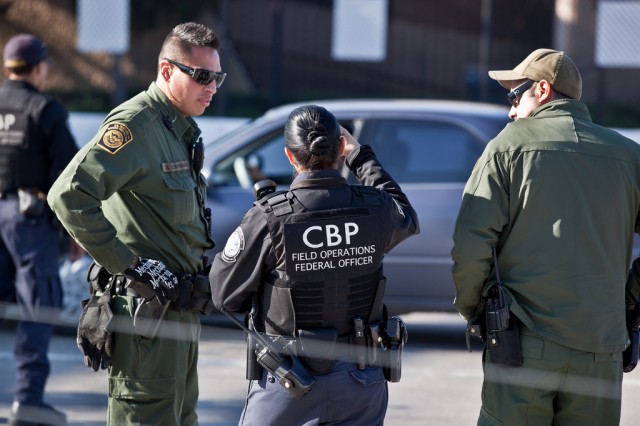
Citizens' rights to be free from searches don't hold everywhere. At border crossings, as in airports, people can be searched by authorities as a matter of routine course. But what should the standard be for not just rummaging through a briefcase, but for when the government wants to dig deep into the files on our electronic gadgets—even looking at deleted files?
A "watershed" decision from a federal appeals court today ruled that the government must have "reasonable suspicion" to do such an intensive computer search. However, the judges also ruled that standard was met in the search in question, which involved child pornography being brought across the border from Mexico. The US Court of Appeals for the 9th Circuit, sitting "en banc," reversed a lower court's decision to suppress an intensive forensic analysis of a laptop belonging to a traveler, Howard Cotterman, which resulted in a discovery of child pornography.
The search started out as a "cursory review at the border but transformed into a forensic examination of Cotterman's hard drive." The court acknowledged it was a "watershed case" with implications for what kind of privacy rights all Americans can expect with regards to password-protected files on their computers.
Read 16 remaining paragraphs | Comments